
 Instagram
Instagram
Can I get a facial rash from stress?
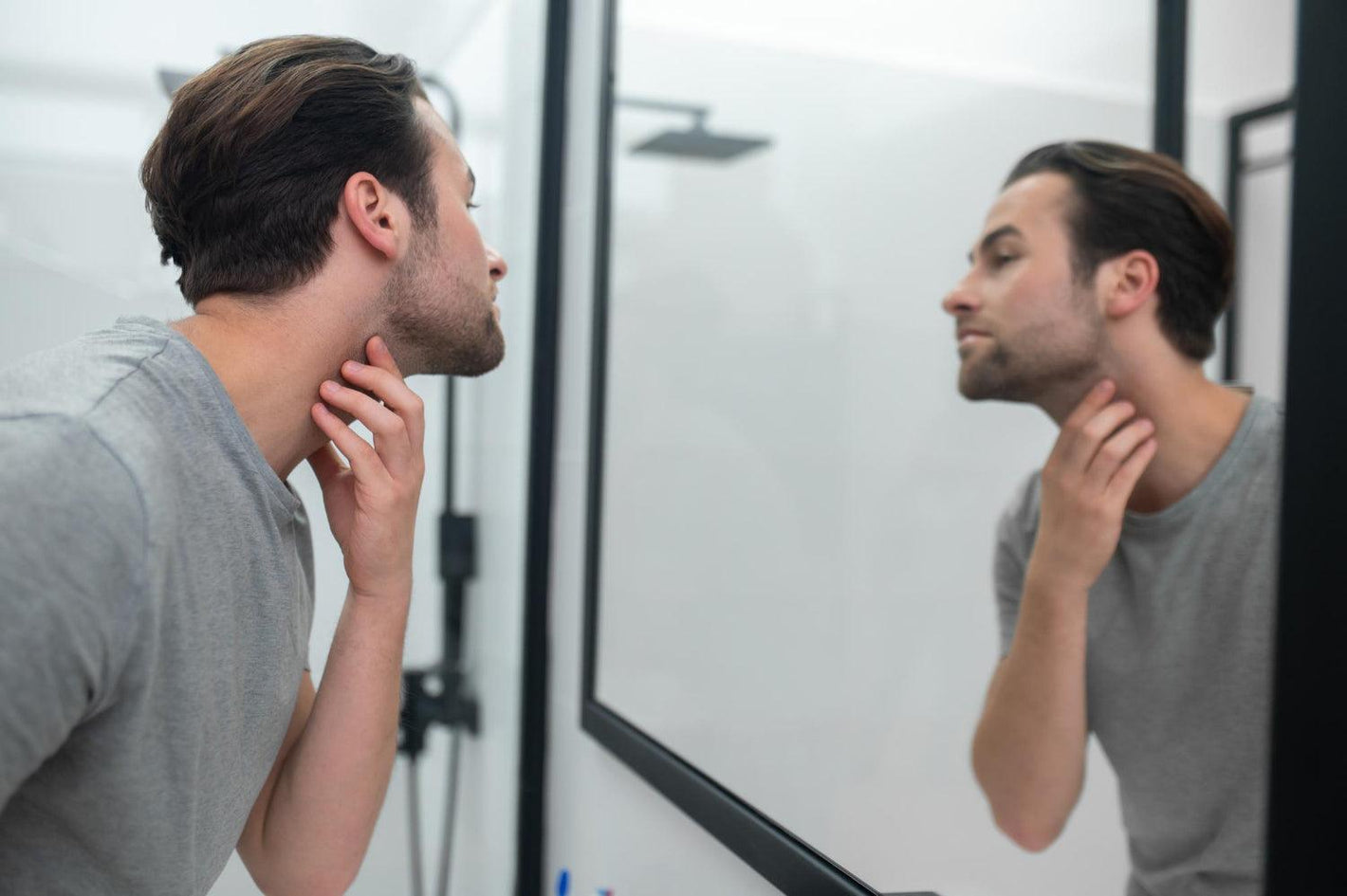
Related products
What’s covered?
Can I get a facial rash from stress?
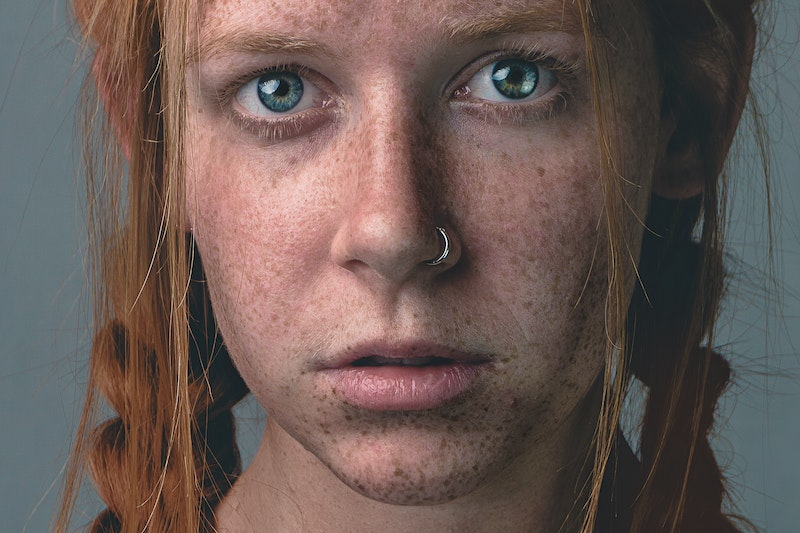
We all know that stress can cause a number of physical symptoms, like headaches, upset stomachs, and tense muscles.
But did you know that stress can also cause facial rashes?
In this blog post, we'll discuss the various facial rashes that can be caused by stress, as well as the treatment options available.
We'll also provide tips on reducing stress levels and preventing facial rashes from developing. So if you're experiencing a rash on your face and are unsure what's causing it, read on!
What is a Stress Rash?
A stress rash is also called an anxiety hive or urticaria. It's a raised, red, itchy spot on the skin that comes and goes.
The bumps can appear anywhere on the body and range in size from tiny dots to large welts. They usually last less than six weeks and go away without treatment.
Causes of Stress Rashes
-
There are many things that can trigger hives, including:
-
Allergies (to food, medicine, latex, insect stings, etc.)
-
Infections (viral, bacterial, or fungal)
-
Physical stimuli (heat, cold, sunlight, water)
-
Emotional stress
-
Exercise
It's often difficult to pinpoint the exact cause of hives. However, in cases of chronic hives (hives that last more than six weeks), stress is often to blame.
Stress rash symptoms
The symptoms of stress rashes are red, itchy, and sometimes painful patches on the skin. They usually appear on the neck, chest, or back. They can also cause anxiety hives or difficulty breathing.
Stress rashes can also appear on other parts of the body such as the hands or face. You may also experience a tingling or burning sensation.
The symptoms of stress rashes are often worse when you're under pressure or feeling stressed out.
The skin rash may also worsen if you have a serious allergic reaction to something in your environment such as pollen or animal dander which could potentially cause trouble breathing.
Different kinds of skin rash
Many rashes are harmless and will clear up on their own, but some may require treatment. A facial rash can range from a mild annoyance to a serious medical condition.
For this reason, it is important to be familiar with the different types of rashes and their symptoms.
There are many different types of facial rashes, each with its own set of symptoms. For example, eczema is a type of rash that is characterized by dry, itchy skin.
Rosacea is another common type of facial rash that causes redness and flushing. Contact dermatitis is a type of rash when the skin comes into contact with an irritant, such as a new skincare product or detergent.
And finally, seborrheic dermatitis is a type of rash that causes flaky, white patches on the skin.
While most facial rashes are benign, some may be indicative of a more serious condition. For instance, a sudden onset of rash accompanied by fever or chills may be indicative of an infection.
A persistent rash that does not respond to over-the-counter treatments may be indicative of an allergy or intolerance.
Lastly, a facial rash that is accompanied by joint pain or swelling may be indicative of an autoimmune disorder.
Treatment for Stress Rash
There's no one-size-fits-all solution for stress rash treatment. However, there are some general treatments that may provide relief:
Over-the-counter antihistamines like diphenhydramine (Benadryl) or cetirizine (Zyrtec)
Prescription antihistamines like fexofenadine (Allegra) or levocetirizine (Xyzal)
Steroid creams or oral steroids like prednisone
If home remedies aren't enough to relieve your symptoms, see a board-certified dermatologist or allergist for additional treatment options. Chronic hives can be difficult to treat and may require long-term medication.
Dermatologist Stress management techniques may also be helpful in reducing the frequency and severity of breakouts.
How does stress cause facial rashes?
One theory is that when we are stressed, our bodies release cortisol and other hormones that can lead to inflammation.
This inflammation can then cause the skin to flare up. Additionally, stress can disrupt the skin's natural barrier function, making it more susceptible to bacteria and allergens.
And finally, chronic stress can weaken the immune system, making it harder for the body to fight off infection.
In fact, one study found that people who had high levels of cortisol were more likely to develop psoriasis, a condition that causes red, scaly patches on the skin.
So if you've been feeling extra stressed lately and have noticed a rash developing, there's a good chance that the two are connected. Plus, treating your stress can often help clear up the rash as well!
How to Prevent a Stress Rash?
Identify your triggers.
The first step to preventing a facial rash from stress is to identify your triggers. What are the things that can cause stress?
Once you know what your triggers are, you can start to avoid them or find ways to deal with them in a healthy way.
Practice relaxation techniques.
There are a number of different relaxation techniques that you can practice to help manage stress and prevent a facial rash.
Some of these techniques include yoga, meditation, and deep breathing exercises.
Get enough sleep.
When you don't get enough sleep, your body doesn't have time to recover from the day's stresses.
This can lead to an increase in cortisol levels and cause a facial rash. Make sure to get at least 7-8 hours of sleep every night.
Eat a healthy diet.
Eating a healthy diet is important for overall health, but it can also help reduce stress levels and prevent a facial rash.
Foods that are high in omega-3 fatty acids, such as salmon, can help reduce inflammation and improve skin health.
Bottomline
If you've been noticing more rashes lately, stress might be to blame. "Stress rashes," are no fun - but they are treatable.
First, try implementing the above-outlined steps, if your skin rash is worse try using mild soaps and cool compresses.
If that doesn't work, visit your doctor or dermatologist for further help.
And last but not least, try to cut down on stress where you can! Easier said than done, we know - but it's worth it.
To find out more about how to manage your skin, visit our Welzo Skin Care page.









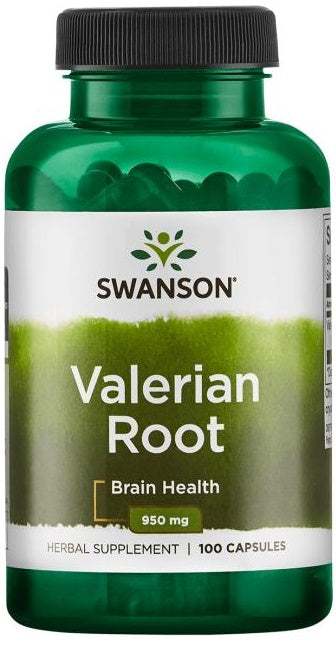
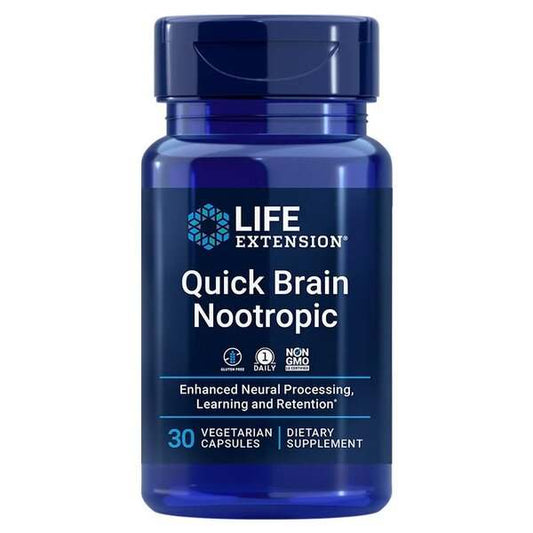
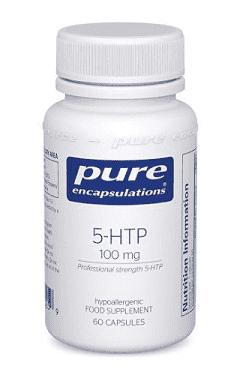
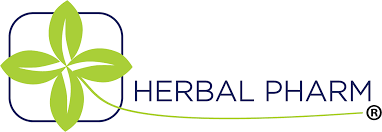


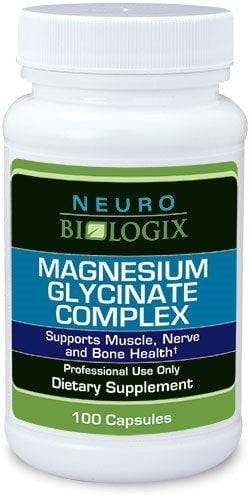














 Rated Excellent by 26,523+ Reviews
Rated Excellent by 26,523+ Reviews